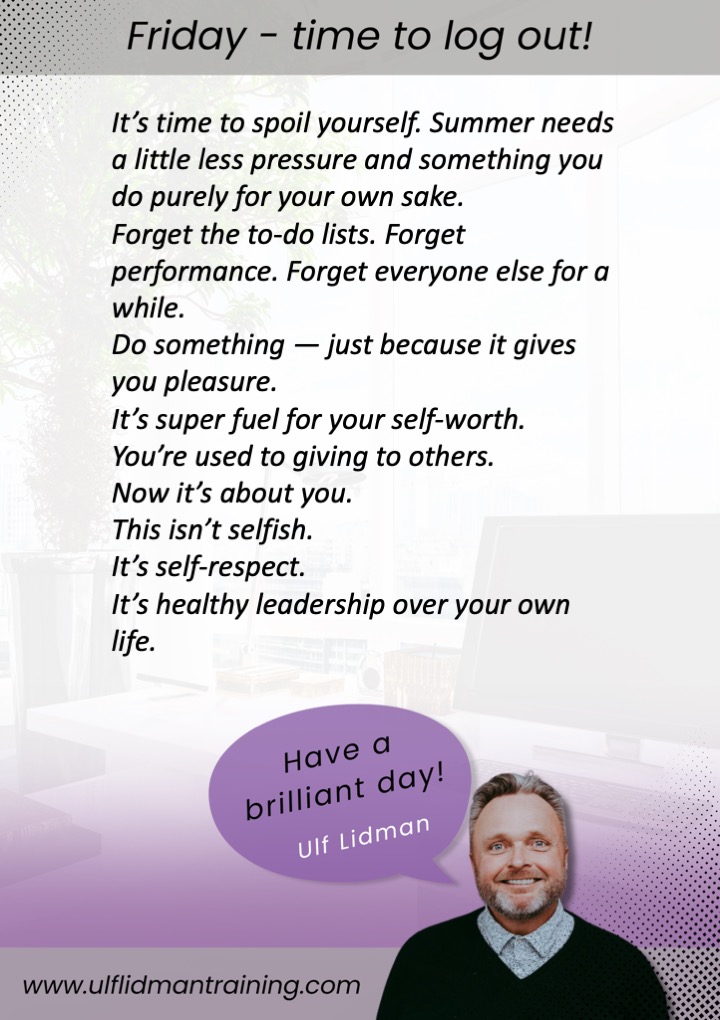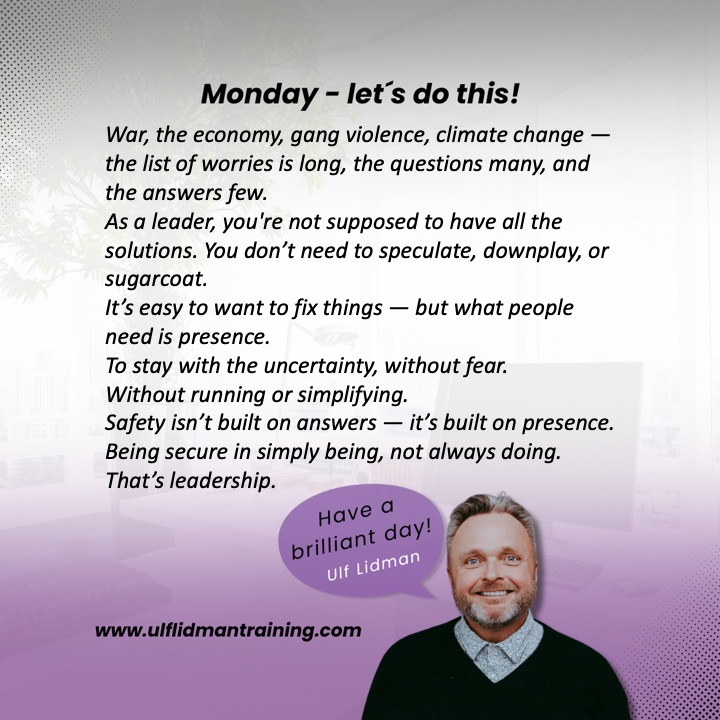We all process stress and adversity differently. Our reactions to financial instability, political unrest, and social fractures are intensely personal. Yet, society pressures us to conform to popular narratives, even if they don’t align with our own lived experiences. If someone feels anger or anxiety—or, alternatively, calm and resilience—because of the upheaval around them, they’re often judged as either “overreacting” or “too indifferent.” But who are we to judge? Each of us knows our own thresholds, our own triggers, and our own limits. Still, society insists that only certain responses are “appropriate” or even acceptable.
True empathy lies in making space for another’s interpretation, even if it doesn’t fit our own views or logic. Instead of immediately suggesting solutions, advice, or our perspective on what’s happening, what if we simply listened? Real support means respecting that each person is their own expert. So here’s a challenge: next time you feel the urge to label, to analyze, or to counsel, stop. Ask yourself, “Whose story am I really telling here? Theirs or mine?” In a world eager to impose meaning and order, be the one who allows others the freedom to find their own.
Have a brilliant day!
Ulf Lidman





